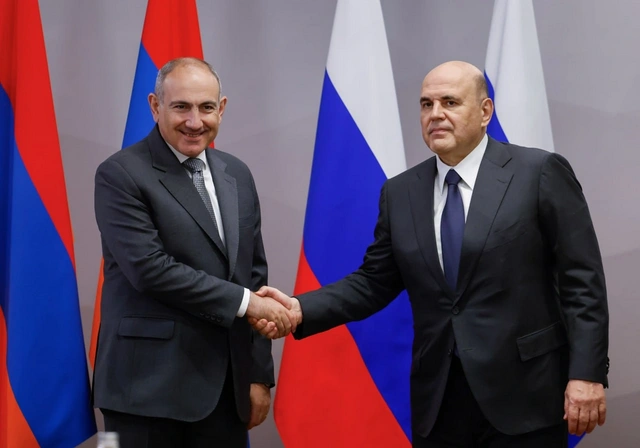The claim by Ara Abramyan, head of the Union of Armenians in Russia, that “Armenia has no alternative but to align with Russia” has sparked controversy and is seen as a direct challenge to Prime Minister Nikol Pashinyan’s evolving foreign policy.
According to Abramyan, Armenia’s gestures toward EU integration are symbolic at best and aim chiefly to weaken Moscow. This coincided with Pashinyan’s visit to Russia’s Altai Republic, during which he declared that Armenia has no intention to leave the Eurasian Economic Union (EAEU), despite suspending its CSTO activities.
In reality, Armenia’s straddling between East and West breeds distrust on both sides. For Russia, Armenia is no longer a dependable ally; for the West, Armenia appears unstable and unreliable. With no finalized peace treaty with Azerbaijan and borders with Turkey still closed, Armenia risks becoming a pawn in geopolitical maneuvering—with little to gain.
If Armenia seeks true sovereignty, it must rethink its regional strategy. The Zangezur Corridor presents a major opportunity. As outlined in an Uzbek Ministry of Transport report, linking main Azerbaijan to Nakhchivan via Zangezur would cut transit distances and provide logistical advantage for all corridor countries. Yet Yerevan continues to act cautiously, burdened by internal and external pressures that undermine its ability to fully commit.
At the III Shusha Global Media Forum (July 19–21), President Ilham Aliyev estimated the corridor’s capacity at 15 million tons annually, signalling both potential and urgency. As Azerbaijan advances the rail link to the Armenian frontier, clarity and decisiveness from Armenia are essential.
Armenia faces a strategic choice: remain trapped in diplomatic limbo as a tool for others, or pursue normalized neighborly ties with Azerbaijan and Turkey. That decision will shape not only its leadership’s legacy—but its people’s future.


